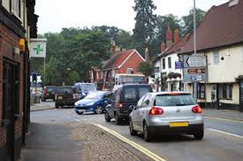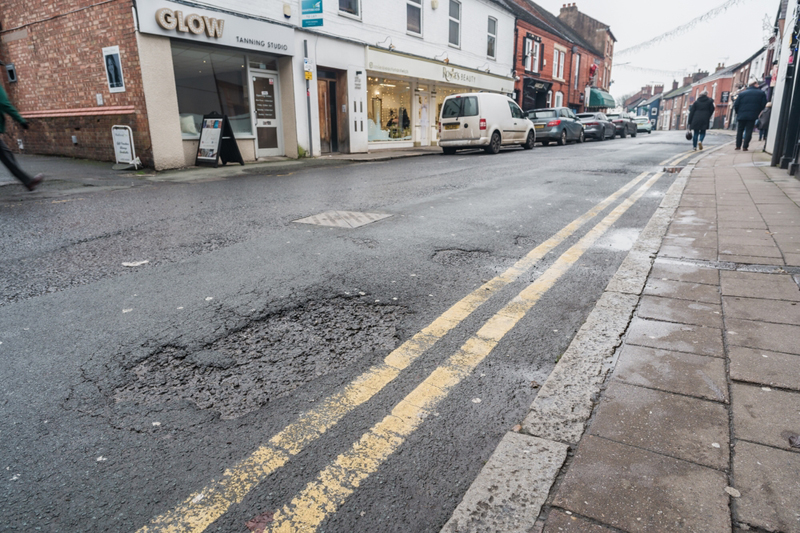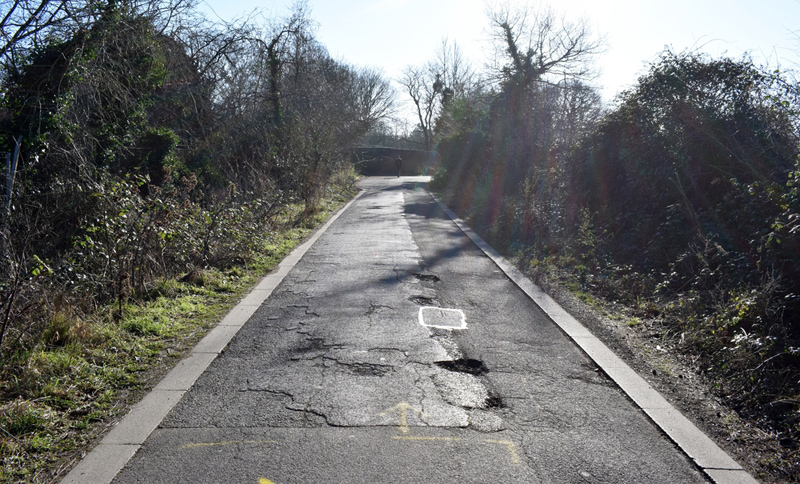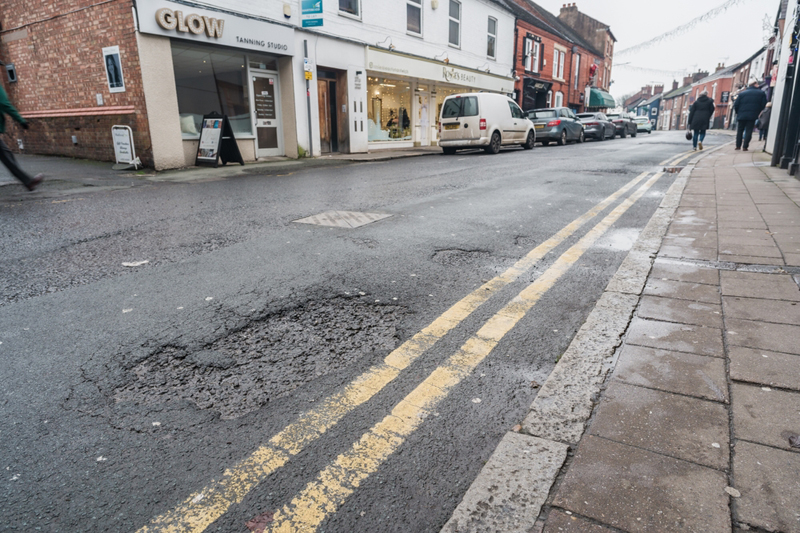Doubts have arisen over the Government's pledge that it will deliver 70 local authority road schemes after the Department for Transport (DfT) declined to confirm that it had the cash to fund the schemes and the Treasury said it could not commit to continuing the National Roads Fund (NRF) beyond 2025.
The DfT has backtracked on a claim that more than a billion pounds of new funding will ‘ensure' the delivery of the schemes as the prime minister insisted that schemes in its 'Network North' announcement were just 'examples' of what might happen with cash saved from the curtailment of HS2.
As part of its Network North announcement last week, the Government said that money 'redirected' from the scrapped section of HS2 north of Birmingham would include funding totalling £1,320m for road schemes in all regions of the country.
The basis on which it calculated these sums, how many schemes the cash covers and whether it represents full or top-up funding all remain unclear. Alongside other anomalies and inaccuracies in what appeared to be a hastily-prepared document, it used different language to set out the effect of the cash in different regions.
For example it said £250m ‘will fully fund ten smaller road schemes in the Midlands', while £180m would ensure the delivery of 13 road schemes across East Anglia and £290m would ‘deliver' 14 road schemes across the South East.
The Department for Transport (DfT) issued a separate document explaining that as part of Network North, the government contribution for 'most' existing Major Road Network (MRN) and Large Local Major (LLM) road schemes will rise from 85% to 100% of their costs at the outline business case (OBC) stage.
It listed 70 schemes for which local highway authorities have bid. However, the DfT has never previously said that it will provide capital funding for all of these schemes.
If the £1.32bn represents 15% of the cost of schemes funded, it implies existing funding of £7.5bn, three times the stated £2.6bn value of NRF funding for MRN and LLM schemes from 2020 to 2025.
Highways asked the DfT to clarify whether it had funding to pay for all the schemes cited. It declined to do so, stating only that, because it is challenging for local authorities to find their contribution to schemes in the face of inflationary pressures, it was ‘making it easier for local authorities to deliver those schemes whose business cases are approved'.
This means that the promised extra cash will neither ‘ensure the delivery' of the 70 schemes cited nor ‘ensure the delivery' of schemes whose business cases are approved, given that local authorities may still be unable to fund the gap between OBC costs and eventual costs.
The end of VED hypothecation?
The NRF was announced in 2018 as a way of hypothecating revenue from Vehicle Excise Duty (VED) for roads spending, specifically for National Highways' second Road Investment Strategy (RIS 2) and upgrades to local roads.
A Treasury spokesperson told Highways: 'The Consolidated Fund receives the proceeds of VED [which] is being reinvested into the English road network between 2020-2025 to fund road enhancement projects.'
Asked whether the NRF would continue beyond 2025, the Treasury declined to confirm this, stating that local roads spending for the next five years will be set out at next year's Spending Review.
The Government has previously said that, although spending on RIS 2, and MRN and LLM schemes no longer accounts for the projected £29bn from VED over the five-year period, it is still spending the cash on roads because cash spent on local road maintenance takes central government funding beyond £30bn.
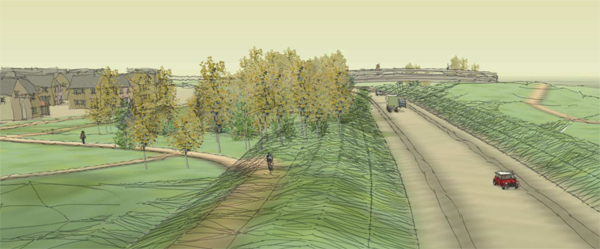
How far will the 'redirected' cash go?
Given this revised version of hypothecation and the slow rate at which the DfT has confirmed funding for MRN and LLM schemes, it remains unclear whether total spending on local road upgrades up to 2025 will reach the £2.6bn that is currently said to be available, following a cut in 2021.
The £250m pledged for 10 Midlands schemes compares with a total cost of around £630m for those schemes, of which an additional 15% contribution would only cost around £95m.
Given the lack of clarity from the DfT, it is therefore possible that the £250m would pay for a smaller number of Midlands schemes in full and that, similarly, the £1.32bn pledged nationally represents the total remaining spending from the NRF and will fund the whole cost of a smaller number of schemes.
This would mean that the schemes are funded from VED and not from 'redirected' HS2 cash.

